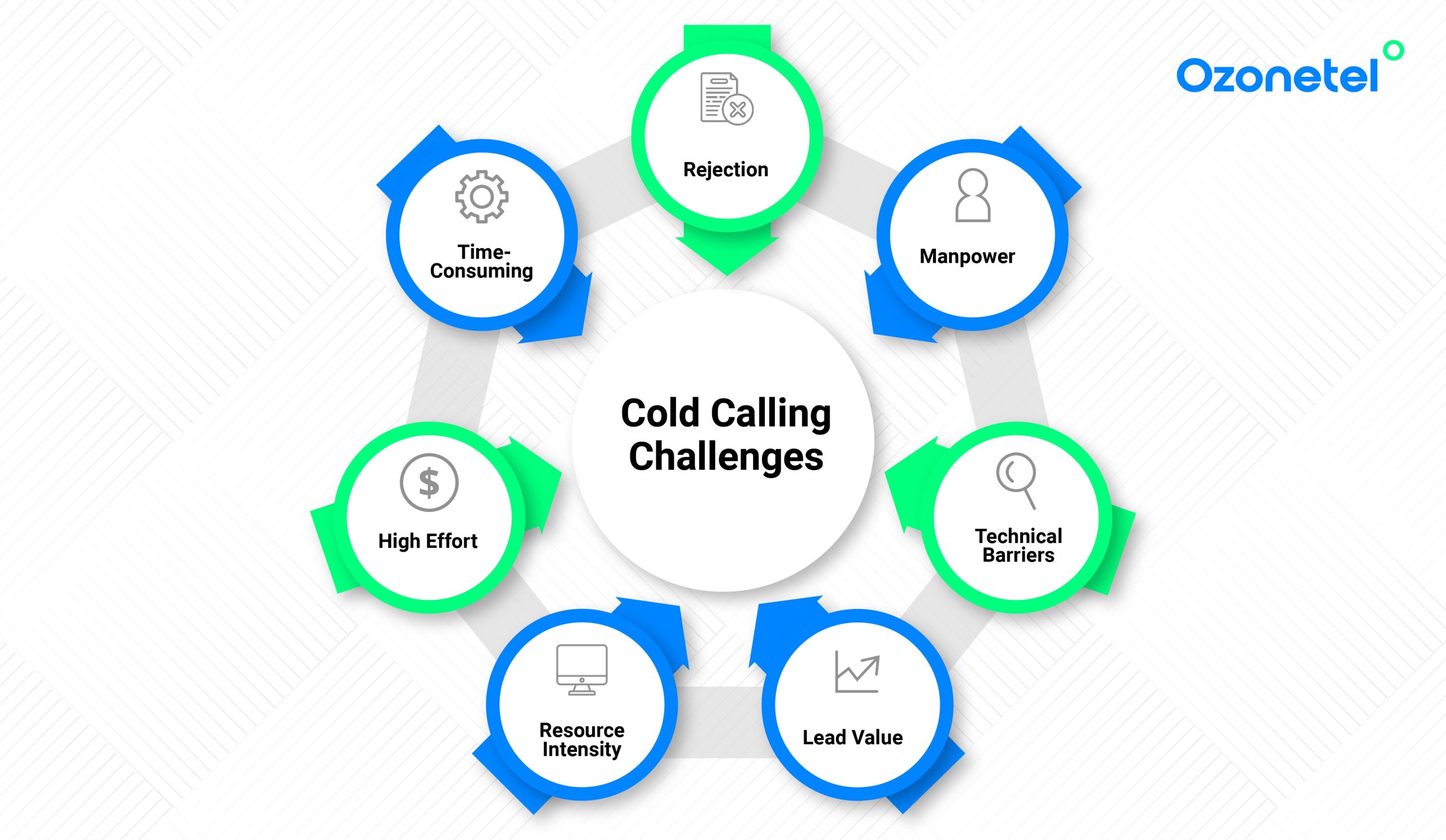In the fast-paced world ofrecruitment, the effectiveness of various outreach methods is often debated.One such method is cold calling. Does it still hold value in today's digitalage, or has it become obsolete? As recruiters strive to connect with toptalent, understanding the role of cold calling in the recruitment industry isessential. This blog will explore whether cold calling works in recruitment andhow it can be effectively utilized.
Cold calling in the recruitmentindustry involves reaching out to potential candidates who may not be activelyseeking new opportunities. This proactive approach allows recruiters to tapinto a wider talent pool, including passive candidates who might be the perfectfit for open positions. But is it truly effective? Let’s delve into theadvantages and challenges of cold calling in recruitment.
The Importance of Cold Calling in Recruitment
Cold calling remains a vital tool forrecruiters. Here are some reasons why:
- Wider Talent Pool: Cold calling enables recruiters to reach candidates who are not actively looking for jobs. This expands the talent pool and increases the chances of finding exceptional candidates.
- Access to Passive Candidates: Many qualified individuals are already employed and may not be aware of new opportunities. Cold calling allows recruiters to approach these passive candidates directly.
- Building Relationships: Establishing a personal connection through a phone call can foster trust and rapport between recruiters and candidates, making them more likely to consider job offers.
- Competitive Advantage: By incorporating cold calling into their strategies, recruiters can gain an edge over competitors who rely solely on online applications and job postings.
Benefits of Cold Calling in Recruitment
Cold calling offers several uniqueadvantages that can enhance recruitment efforts:
- Unlike emails or social media messages, cold calls allow for real-time conversations. This personal touch can create a lasting impression on candidates.
- Cold calling provides instant responses, allowing recruiters to gauge a candidate's interest and adjust their pitch accordingly.
- Engaging in meaningful conversations helps recruiters understand candidates’ motivations and career goals, increasing the likelihood of a successful placement.
- Cold calling can break through initial hesitations candidates may have about changing jobs. It allows recruiters to present compelling opportunities directly.

Image Source: ozonetel.com
Challenges of Cold Calling in Recruitment
While cold calling has its benefits,it also comes with challenges:
- Cold calling often results in a low response rate, as many people may not answer calls from unknown numbers.
- Some candidates view cold calls as intrusive, which can create a negative impression of both the recruiter and the organization.
- Effective cold calling requires practice and skill. Recruiters must be prepared to handle objections and rejections gracefully.
Best Practices for Cold Calling in Recruitment
To maximize the effectiveness of coldcalling, recruiters should follow these best practices:
- Research Candidates: Before making a call, gather information about the candidate’s background and interests. This preparation can help tailor the conversation and make it more engaging.
- Personalize Your Approach: Avoid sounding scripted. Personalizing the conversation based on the candidate’s unique qualifications can make a significant difference.
- Listen Actively: Focus on what the candidate is saying. This not only helps build rapport but also allows recruiters to address any concerns or questions effectively.
- Timing Matters: Consider the best times to call candidates. Avoid calling during busy hours or early in the morning when candidates may be preoccupied.
- Follow Up: If a candidate expresses interest but isn't ready to commit, a follow-up call or email can keep the conversation going and show that you value their time.
Common Mistakes to Avoid in Cold Calling
Recruiters should be aware of commonpitfalls that can hinder their cold calling efforts:
- Lack of Preparation: Failing to research the candidate can lead to unproductive conversations. Always be informed about the candidate’s background.
- Overly Salesy Approach: Cold calls should be conversations, not sales pitches. Focus on the candidate’s needs and how the opportunity aligns with their career goals.
- Ignoring Rejections: Rejection is part of the process. Instead of being discouraged, use it as a learning experience to refine your approach.
- Poor Timing: Calling at inappropriate times can lead to immediate rejection. Be mindful of the candidate's schedule.
Conclusion
Cold calling in the recruitmentindustry is far from dead, it remains a relevant and effective strategy whenexecuted correctly. By understanding the benefits and challenges, recruiterscan leverage cold calling to connect with potential candidates in a meaningfulway. With the right approach, cold calling can not only enhance recruitmentefforts but also build lasting relationships with top talent. As therecruitment landscape continues to evolve, integrating cold calling into yourstrategy may just be the edge you need to succeed.











.webp)
















